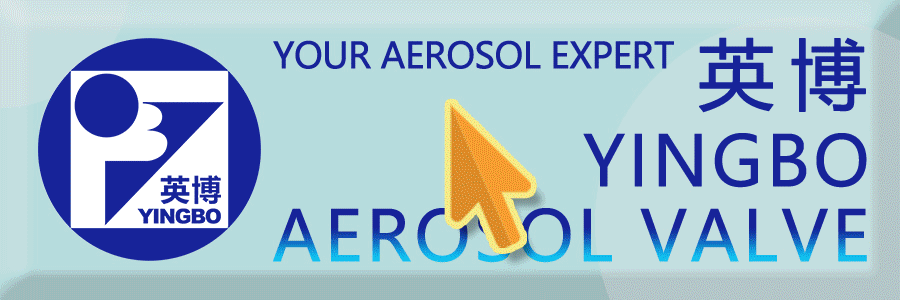Beiersdorf reduces CO2e footprint of deodorant aerosol cans
This will reduce CO2e emissions in the aerosol can value chain by around 58%, according to Beiersdorf. This corresponds to a reduction of around 30 tons of CO2e per year.
This reduction in CO2e emissions is the result of a collaboration between Beiersdorf and leading packaging producers in the aerosol sector.
The recycled material used is sourced from the European market. It is re-melted and processed into aerosol cans, which Beiersdorf then uses for its products, such as deodorants.
Aluminium can be recycled an infinite number of times without losing its high-quality properties as a packaging material. It is light, stable, easy to shape and provides ideal protection for the product, said Beiersdorf.
The company pointed out that its new Leipzig-Seehausen plant in Germany - where production of cosmetics for the European market is being ramped up - is making a key contribution to implementing its Climate Care strategy, with state-of-the-art production technology.
Thanks to the exclusive use of renewable energies and the use of biogas for heat generation, the plant operates on a virtually CO2e-neutral basis, according to the organisation.
There are plans to expand the plant into an “Energy+” site, meaning that more energy would be generated than consumed through the plant’s own renewable energy generation.
In future, Leipzig will not only produce NIVEA brand deodorants, hair sprays and shaving foams, but also aerosol products of 8X4, Hidrofugal, and Hansaplast will be produced in Leipzig for the European market.
The production centre can recover and recycle valuable resources such as heat, wastewater and ethanol to a high degree.
It also offers new possibilities for filling lightweight aerosol cans: to be able to handle this lighter packaging made of recycled aluminium in the production process, so-called vacuum depalletisers have been installed.
They transport the lightweight empty cans in layers and particularly gently from the pallets to the production line, without damaging them.
“Beiersdorf is already an industry pioneer in the use of recycled aluminium for aerosol cans,” said Isabell Niggemann, global procurement manager sustainable packaging.
“Now we are extending this more sustainable packaging solution to the entire deodorant aerosol assortment. This brings us closer to reaching our ambitious climate target that we have set with our CARE BEYOND SKIN Sustainability Agenda: The absolute reduction of our CO2e emissions across Scope 1, 2 and 3 by 30% by 2025.”
“Our new, state-of-the-art production center in Leipzig has the technology to process lighter cans,” commented Stephan Roelen, plant manager of Beiersdorf Manufacturing Leipzig.
“In addition, the facility meets the highest environmental standards and was built with a modular, flexible design to be able to adapt to new technologies, consumer demands and market developments.”










